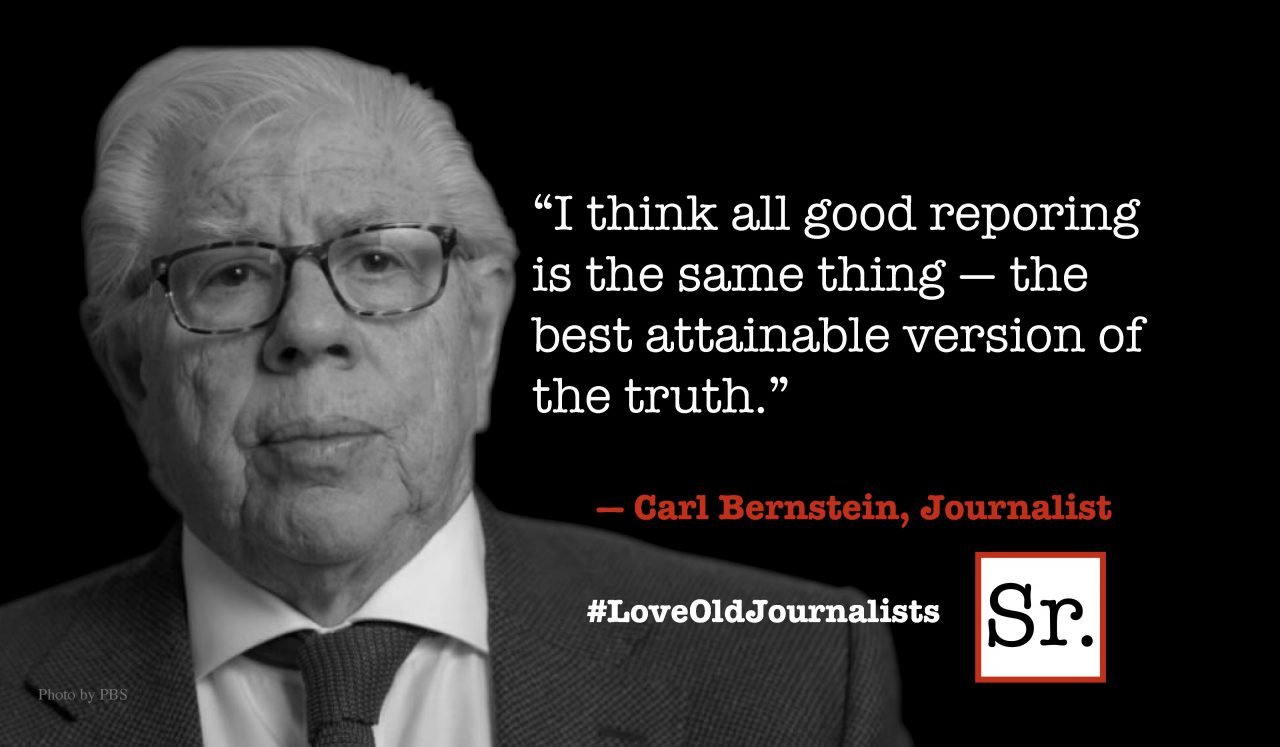Q: My 14-year-old son started public high school this year and immediately fell into his old bad habits. He’s intelligent and capable of making consistently excellent grades, but he often does less than he’s capable of. He also tends to wait until the last minute before he begins something like a book report. I’m on the school website every day, keeping up with his assignments and then making sure he does them. I’ve been doing this since he was in the third grade. He obviously doesn’t like it, but if I don’t, I’m afraid of what will happen. When I try to talk to him about the problem, he tells me he’s OK, everything is fine and I need to back off. He’s a good kid who’s liked by his teachers and peers and can do exemplary work when he wants to. How can I motivate him?
A: Your son may have developed some bad habits, but so have you. Unfortunately, neither of you can see that your respective bad habits are playing off each other’s and have created a vicious cycle. Your son does less than he’s capable of, you micromanage, he responds by doing less than he’s capable of and you respond with more micromanaging. And around and around you go.
The two of you have been engaged in this dance for six, now going on seven, years. During this time, nothing has changed. Is there any possibility that more micromanagement on your part is going to suddenly accomplish what six years of it has not accomplished? The answer is no.
Micromanagement is self-fulfilling. Invariably, it stimulates push-back. The recipient retaliates against the violation of his autonomy by passively frustrating the manager’s attempts to improve his performance. This causes the manager to double down, resulting in more push-back, spurring more micromanaging and so on.
Your son has told you what you need to do — back off. He’s intelligent, capable, and like all too many of his peers, has figured out how to make adequate grades with minimal effort. You can take away privileges if his achievement falls below a certain level, but that’s not going to work unless you back off completely. Stop checking the school website; stop checking behind him; stop nagging. Leave him to his own devices.
You’re not describing a child who’s going to crash and burn, drop out of school and wind up homeless or in prison. My experience leads me to predict that when you back off, his school achievement will slowly improve — slowly being the operative word. You’re probably going to have to accept that he’s going to continue underachieving (while still making decent grades) until he finds coursework that presents him with a rewarding challenge.
In the meantime, your relationship with him will greatly improve. Can you accept a less-than-perfect outcome?









